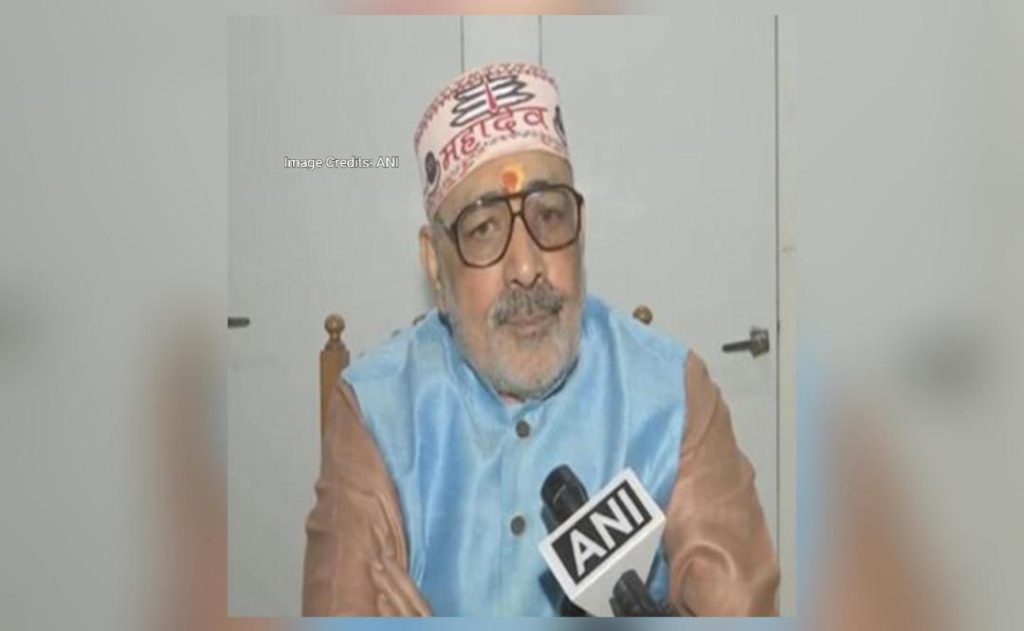
Congress Committed Countless Sins on Poor: Giriraj on Caste Census
The Indian government’s decision to include a caste census in the next national census has sparked a heated debate. While many have welcomed the move, Union Minister Giriraj Singh has taken a more provocative stance, targeting the Congress party in the process. In a recent statement, Singh accused the Congress of committing “countless sins” towards the poor and social equality, claiming that Prime Minister Narendra Modi’s approval of the caste census was a move to wash away these sins.
Singh’s comments came as a response to the Centre’s decision to conduct a caste-based enumeration in the next census, which is expected to be conducted in 2023. The last census was conducted in 2011, and the government has been facing pressure from various quarters to include a caste-based enumeration in the next census.
Singh, who is the Union Minister for Rural Development, Panchayati Raj and Drinking Water and Sanitation, claimed that the Congress party had a long history of neglecting the poor and vulnerable sections of society. From Jawaharlal Nehru to Manmohan Singh, he alleged that every Congress prime minister had failed to address the issues of social inequality and poverty.
“The Congress has committed countless sins towards the poor and social equality,” Singh said in an interview. “From Nehru to Manmohan Singh, every Congress prime minister has failed to address the issue of poverty and social inequality. But it is Prime Minister Modi who has taken a bold step to correct these mistakes by approving the caste census.”
Singh’s criticism of the Congress party is not new. He has been a vocal critic of the party and its leaders, often targeting them on social media and in public forums. However, his comments on the caste census have sparked a heated debate, with many questioning the rationale behind his criticism.
The caste census, which is expected to provide a more accurate picture of social and economic inequality in India, has been a long-standing demand of various social and political groups. The exercise is expected to help the government identify areas of high inequality and take targeted measures to address these issues.
However, the decision to include a caste-based enumeration in the census has also sparked concerns about the potential misuse of the data. Some have argued that the data could be used to perpetuate social and economic inequality, rather than addressing it.
Singh’s criticism of the Congress party has also been met with resistance from some quarters. Many have argued that the party has a history of promoting social and economic equality, and that its leaders have taken bold steps to address issues of poverty and inequality.
In conclusion, the debate surrounding the caste census is likely to continue in the coming weeks and months. While some have welcomed the move, others have expressed concerns about the potential misuse of the data. As the debate rages on, it is essential to remember the importance of addressing social and economic inequality in India. The caste census is an important step in this direction, and it is hoped that it will lead to meaningful changes in the lives of the poor and vulnerable sections of society.






